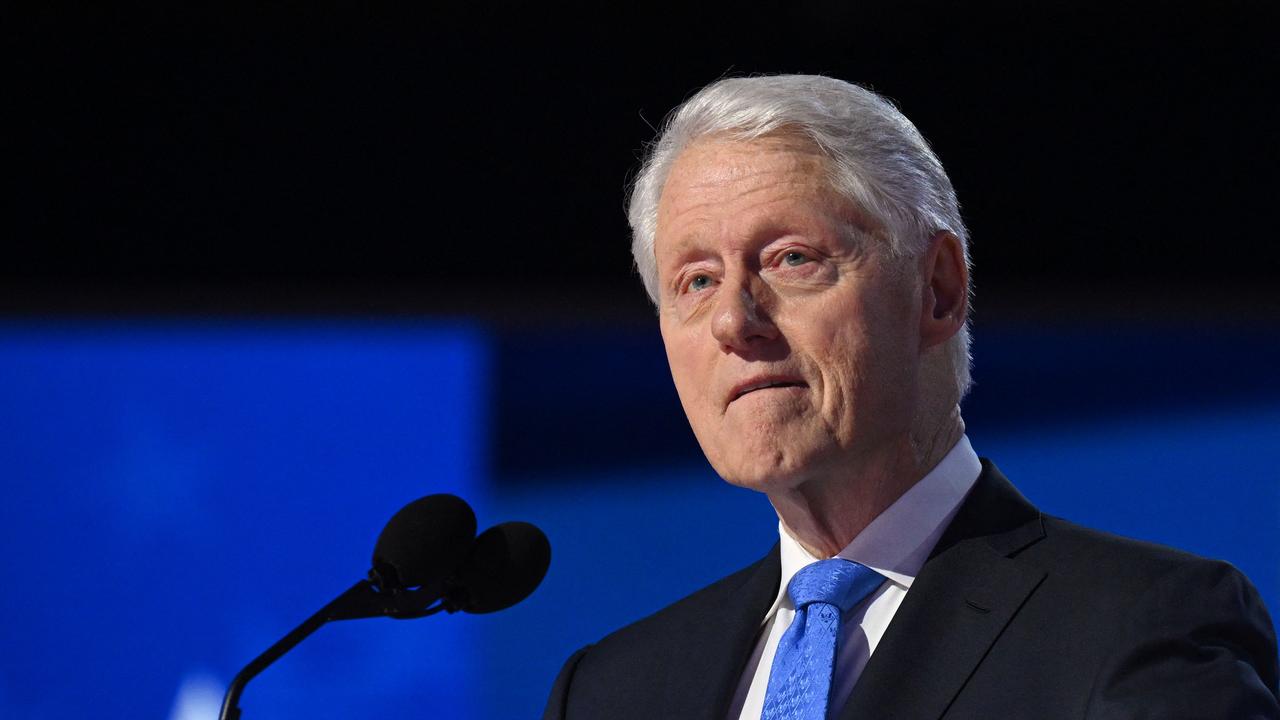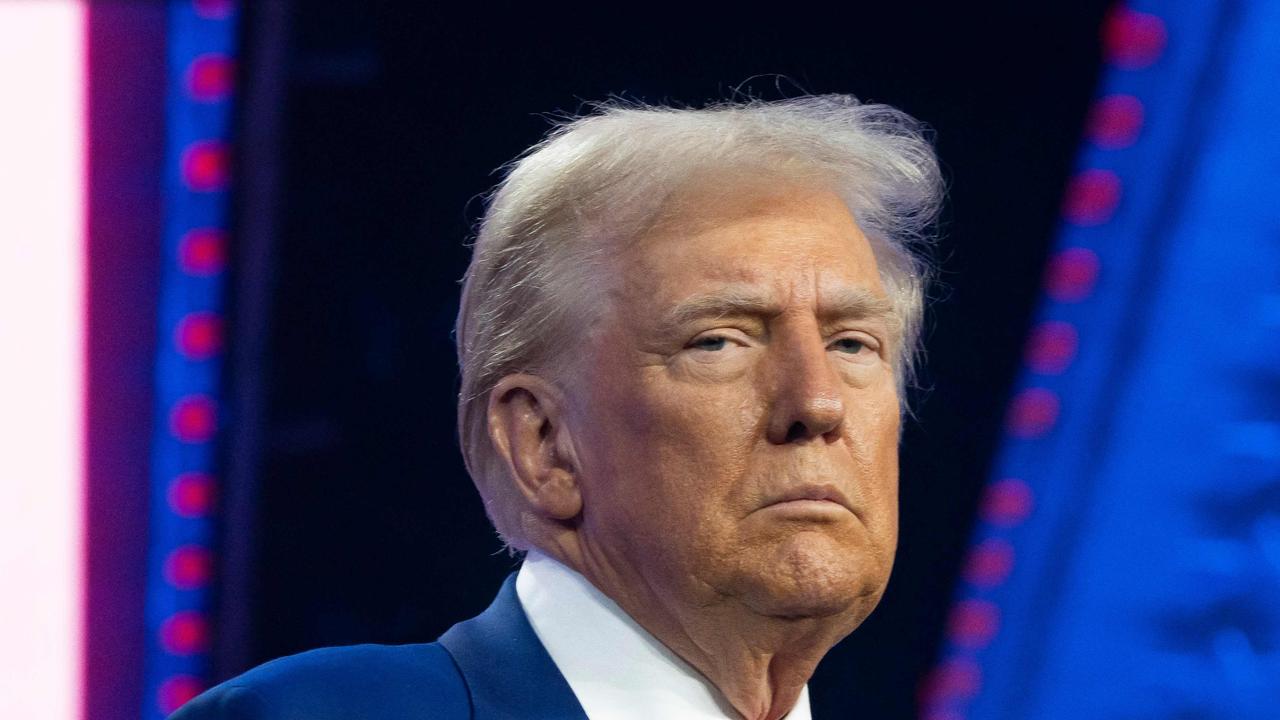TikTok relying on Donald Trump after ban upheld in court battle
TikTok has lost its bid to overturn a looming ban in the US, meaning the app faces being shut down next month unless Donald Trump delivers on his promise to save it.
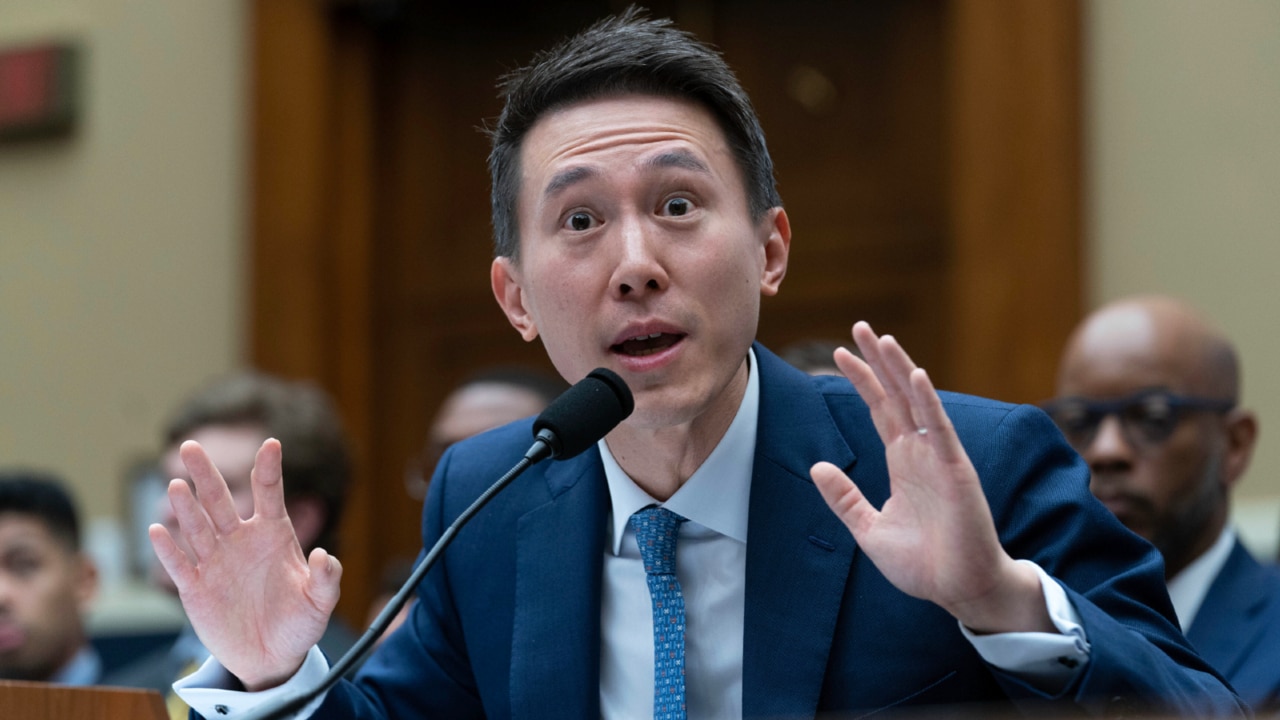
United States
Don't miss out on the headlines from United States. Followed categories will be added to My News.
TikTok has lost a high-stakes court battle to prevent the wildly popular app being banned in the US next month.
While TikTok is likely to appeal to the Supreme Court, the bombshell decision is another nail in the coffin for the app, which is due to be shut down by January 19 unless it is sold off by its Chinese parent company ByteDance.
President-elect Donald Trump has also vowed to “save TikTok” – which is used by 170 million Americans – but it remains unclear how he plans to do that once he returns to the White House on January 20.
TikTok and some of its top users had argued before the US Court of Appeals that the ban enacted by Congress and signed by President Joe Biden in April was an unconstitutional infringement on the right to free speech.
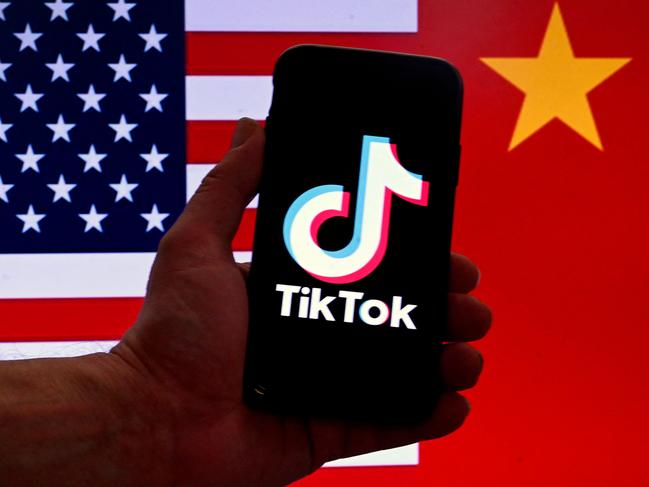
But their arguments were rejected by a three-judge panel in Washington DC, which upheld the power of Congress to legislate to deal with bipartisan concerns about the national security threat posed by TikTok sharing the data of US users with the Chinese government.
“The First Amendment exists to protect free speech in the United States,” Judge Douglas Ginsburg wrote in the court’s decision.
“Here the government acted solely to protect that freedom from a foreign adversary nation and to limit that adversary’s ability to gather data on people in the United States.”
Should a last-ditch Supreme Court appeal fail, TikTok is due to be removed from app stores in the US on January 19, cutting it off from new users and choking off existing users by blocking future updates.
How has TikTok been fighting the ban?
The company sued to block the law earlier this year, arguing in a court filing that it was “obviously unconstitutional” because it infringed on Americans’ right to free speech.
Lawyers for TikTok and some of the app’s users made their case before the US Court of Appeals in Washington DC in September, although the judges appeared sceptical about their challenge.
“It was pretty brutal for TikTok – very little went TikTok’s way,” University of Minnesota Law School associate professor Alan Rozenshtein told The New York Times.
What happens after the court’s verdict?
TikTok is now expected to challenge the decision in the Supreme Court.
It is unclear how quickly America’s highest court would move to take up the case, and if it would be willing to decide the matter before the January 19 deadline.
The Supreme Court justices could conceivably halt the law kicking in to give themselves more time to hold a hearing and reach a verdict.
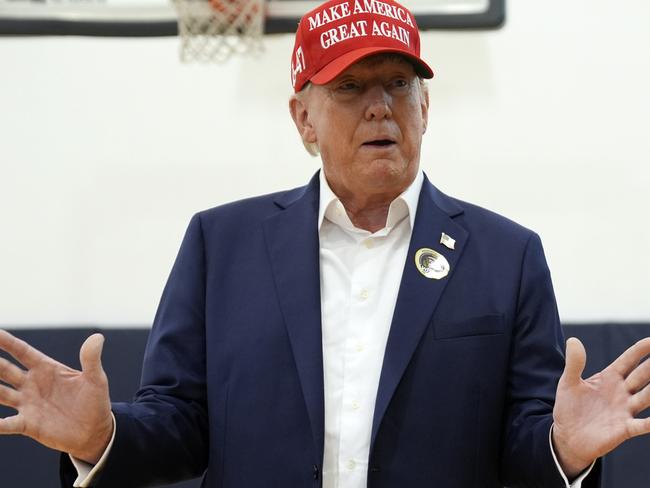
Where does Donald Trump stand on banning TikTok?
January 19, of course, is one day before the President-elect is sworn in.
During Mr Trump’s first term in the White House, he signed an executive order to ban TikTok because he believed it posed a national security threat, but his move was ultimately derailed by legal challenges.
As he campaigned to return to power, however, the 78-year-old racked up 14 million followers on the app and emphatically promised he would “save TikTok”.
He denied his mind was changed by Republican donor and ByteDance investor Jeff Yass.
In the wake of Mr Trump’s election victory, the Wall Street Journal reported that TikTok chief executive Shou Chew reached out to Elon Musk – owner of rival social media platform X and one of the President-elect’s closest confidants – about dealing with the new administration.
Can he do anything to save the app?
Mr Trump’s spokeswoman Karoline Leavitt has maintained that “he will deliver” on all the promises he made during the campaign. To save TikTok, he has several options.
He could try to convince Congress to repeal the law, although it passed with strong Republican support given the concerns about its Chinese ownership.
He could also try to nullify it with an executive order, which would be legally problematic.
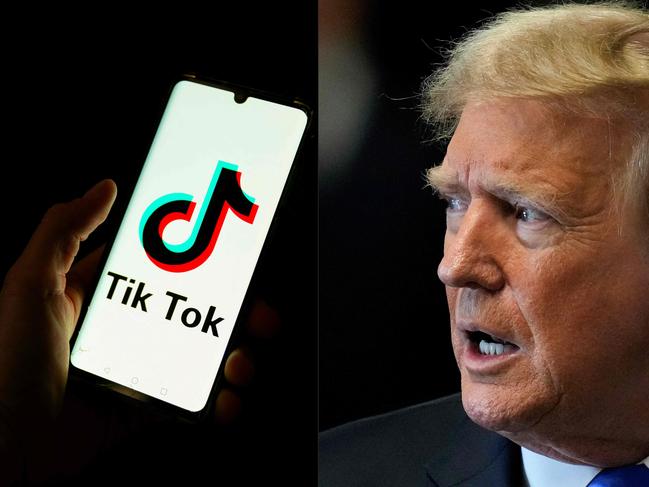
Alternatively, Mr Trump could direct his Justice Department not to enforce the law, stopping fines that would otherwise need to be issued for app stores that continued to host TikTok.
Mr Rozenshtein, writing in Lawfare, suggested the most likely option for the incoming president would be to use his loosely defined powers in the legislation to declare that ByteDance no longer controlled TikTok even if it had not fully sold it off.
Or Mr Trump could try to force a sale that kept TikTok alive in the US, a complicated move that could also form part of what looms as a potential trade war with China.
Where does this leave Australia’s TikTok users?
That remains to be seen. The Australian government has not moved to match America’s law.
But the sale of the app in the US would likely have consequences for its global operations, while if it was to be banned in the US, that would build pressure for like-minded democracies to take similar action.
More Coverage
Originally published as TikTok relying on Donald Trump after ban upheld in court battle




